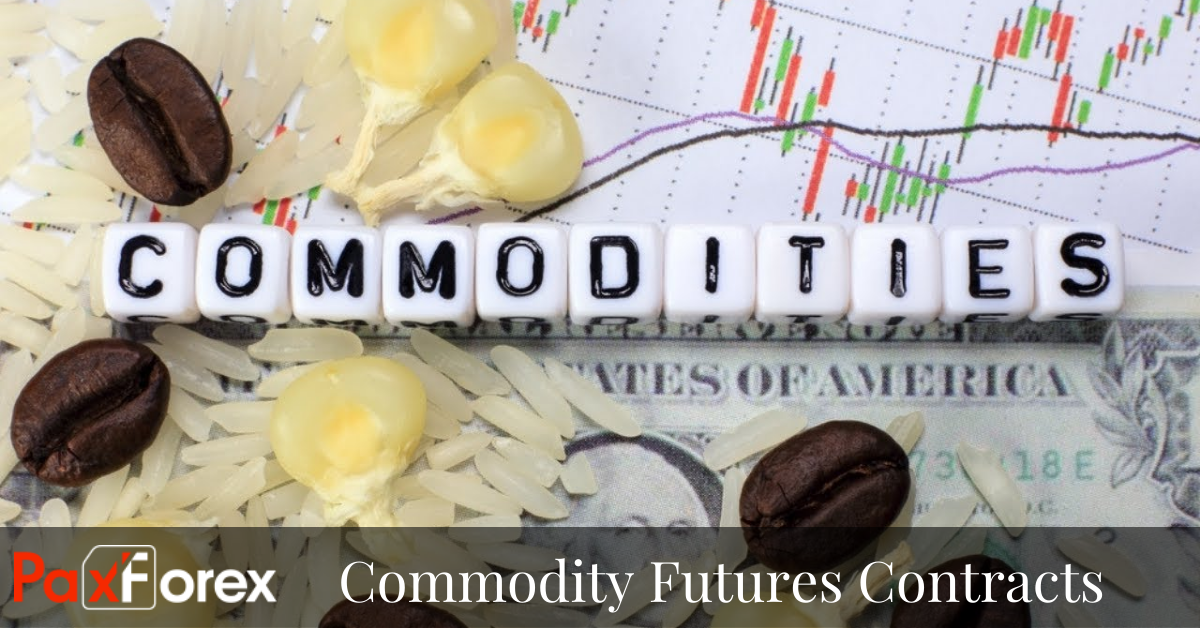
Commodities, whether they are associated with food, energy or metals, are a vital part of our daily routine. Anyone who drives a vehicle can be severely affected by growing crude oil costs. The influence of drought on soybean stocks can affect the production of your next meal. Furthermore, commodities can be a significant way to expand your portfolio beyond common securities - either for the long term or as a place to leave money during extremely unpredictable or descending stock markets, as commodities classically negatively correlate with stocks.
Previously, the average investor did not allot funds for commodities as it required a notable amount of time, capital and knowledge. Today there are several ways to enter commodity markets, some of which make it easier for those who are not even expert traders to participate.
The history of commodity trading
Exchanging goods is an old business, rooted in the past, rather than trading in stocks and bonds. Antique amenities traded a broad variety of goods, from shells to spices. Commodities trading futures used to be a vital affair. The power of empires can be seen as somewhat proportional to their capacity to organize and conduct complicated trading systems and to promote commodity markets, acting as the wheel of commerce, financial growth, and money-gathering of the kingdom's treasuries. Although most pioneers were people who invented or used physical goods in one way or another, no doubt speculators were willing to bet a couple of drachmas on the forthcoming wheat harvest, for example.
The characteristics of the commodity market
The fundamental economic postulates of supply and demand tend to stimulate commodity markets: a decrease in quantity leads to an increase in demand, which is equivalent to an increase in prices, and vice versa. Serious supply shocks, such as the widespread use of cattle health care, can lead to a sharp increase in the overall steady and expected need for livestock. Speaking about the demand, global economic growth and technological progress often have less tense but significant impacts on prices. As an example, the development of China and India as important players in manufacturing has committed to reducing the availability of manufacturing metals such as steel to the rest of the globe.
Using futures to invest in commodities
A successful method of investing in commodities is a futures contract, which is an arrangement to sell or buy a certain quantity of goods at a fixed price at a later stage. Futures are available for each commodity category.
There are two types of investors in the futures markets:
- commercial or institutional users of the commodity
- speculators
Who uses the futures contracts?
Producers and service providers use futures as part of their accounts method to control costs and reduce the difficulty associated with cash flows. These hedgers can use commodity markets to take a trade that will decrease the risk of monetary loss due to price fluctuations. The aviation sector is an illustration of a huge business that, for planning purposes, must supply huge quantities of fuel at stable prices. Because of this need, airlines are hedging. Under futures contracts, airlines buy fuel at fixed rates to avoid the volatility of the crude oil and gasoline market, which would make their commercial statements more volatile and riskier for investors.
Agricultural cooperatives also use futures. Without them, volatility can lead to bankruptcies of enterprises that need relative predictability in managing their costs.
The second group consists of speculators who desire to benefit from fluctuations in the value of the futures contract. Venturers usually close their trades before the agreement is due and never get the real distribution of goods.
Advantages of commodity futures trade
- Leverage enables you to make more profits if you are on the right side of the position.
- Get full-size contracts with minimum-deposit accounts.
- You can open long and short positions
Summary
There is a range of commodity investments for beginners and experienced traders to choose from. While commodity futures contracts give the most straightforward means to partake in price changes, other types of investments with different risks and investment profiles also implement satisfactory chances for exposure to commodity risk.







